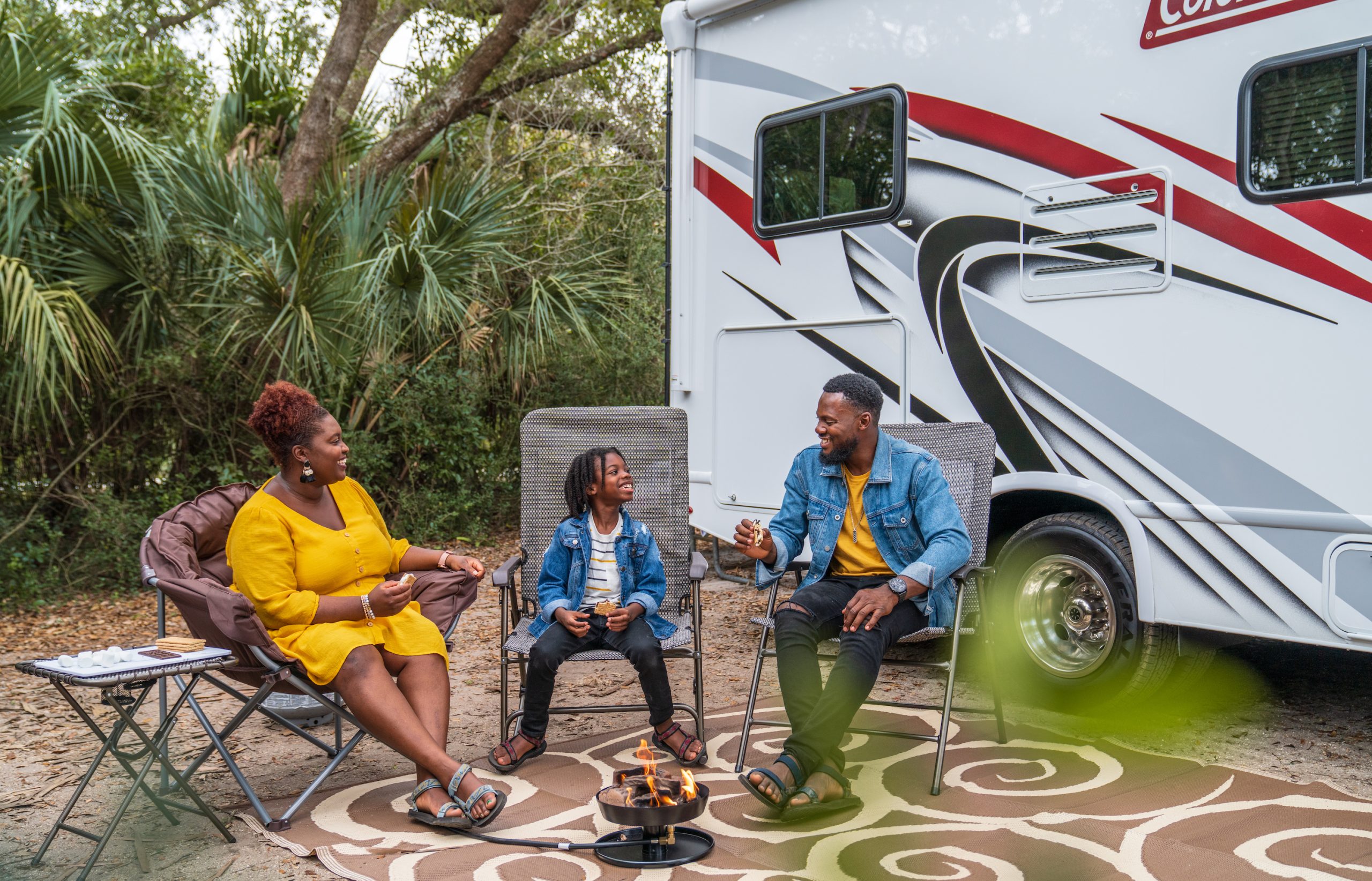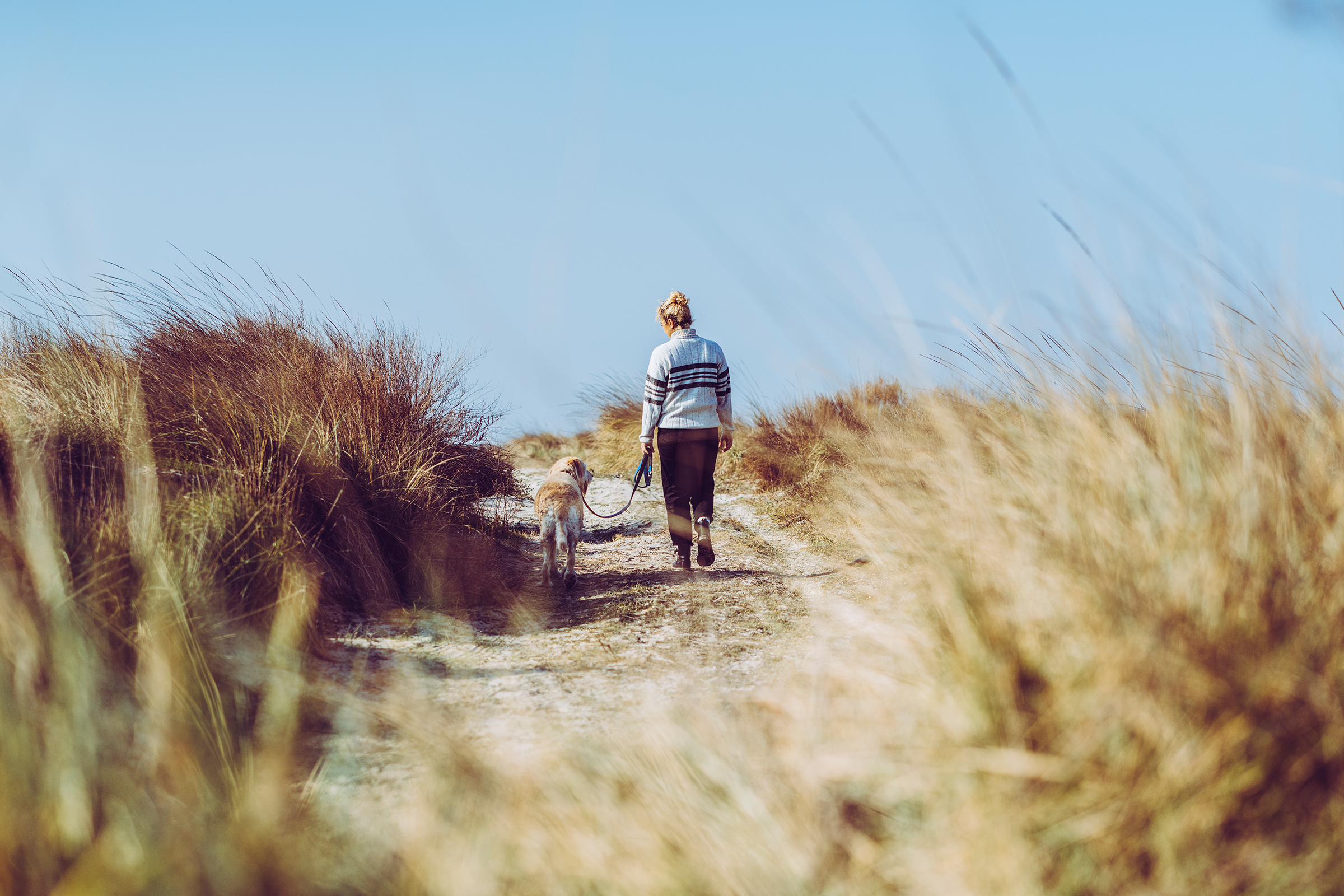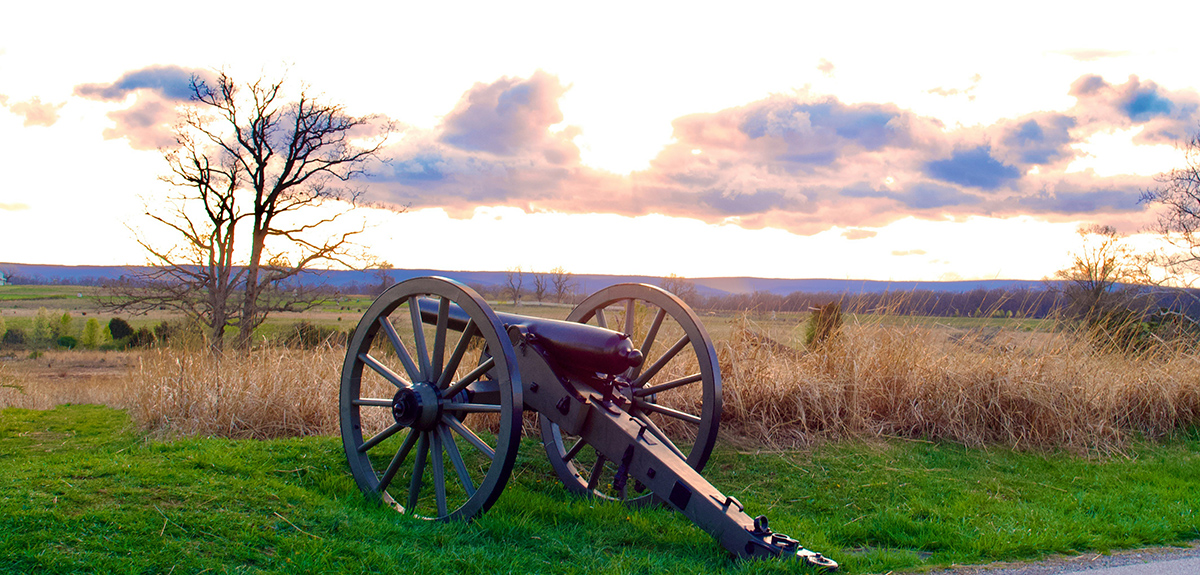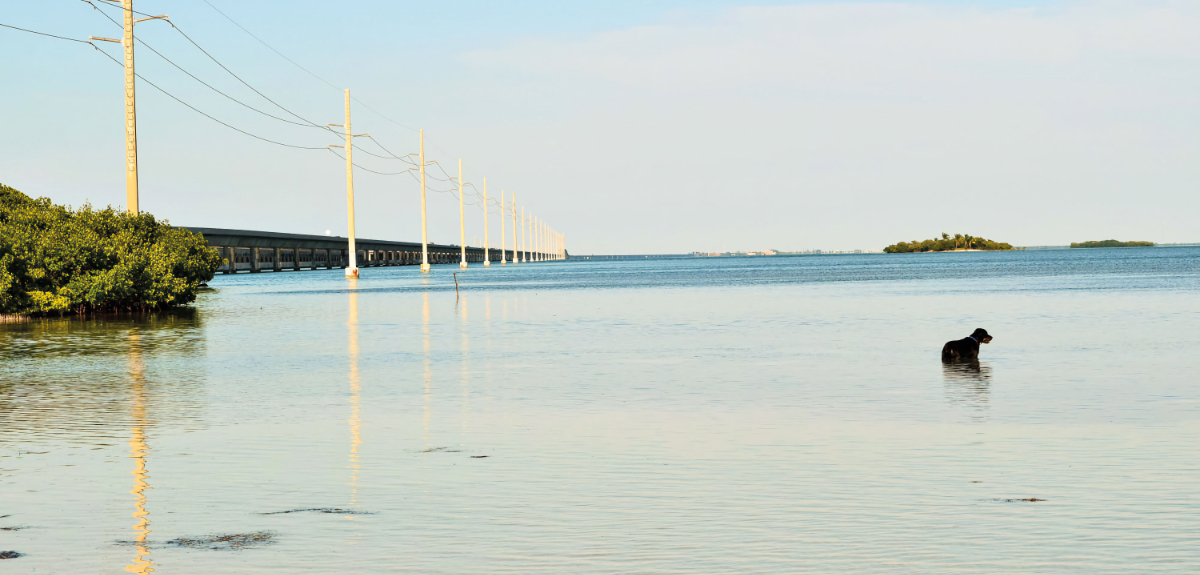How to Create a Family RV Budget For the New Year
Save On Your RV Excursions by Planning Ahead and Making the Most of Your Budget
Image Caption:
For life on the road, budgeting is a vital tool that can reduce stress, increase creativity, and enrich your experiences overall. After all, you can’t buy memories. An RV budget keeps you grounded and keeps your finances in order so you can travel to the next destination, prolong the adventure, and spend money on what you value.
Expand how you think about budgeting. Think beyond fuel expenses, campground fees, or toll roads. Sure, those are still excellent ways to save, but your RV budget is uniquely suited to your travel style. This guide will help you reimagine the way you travel altogether.
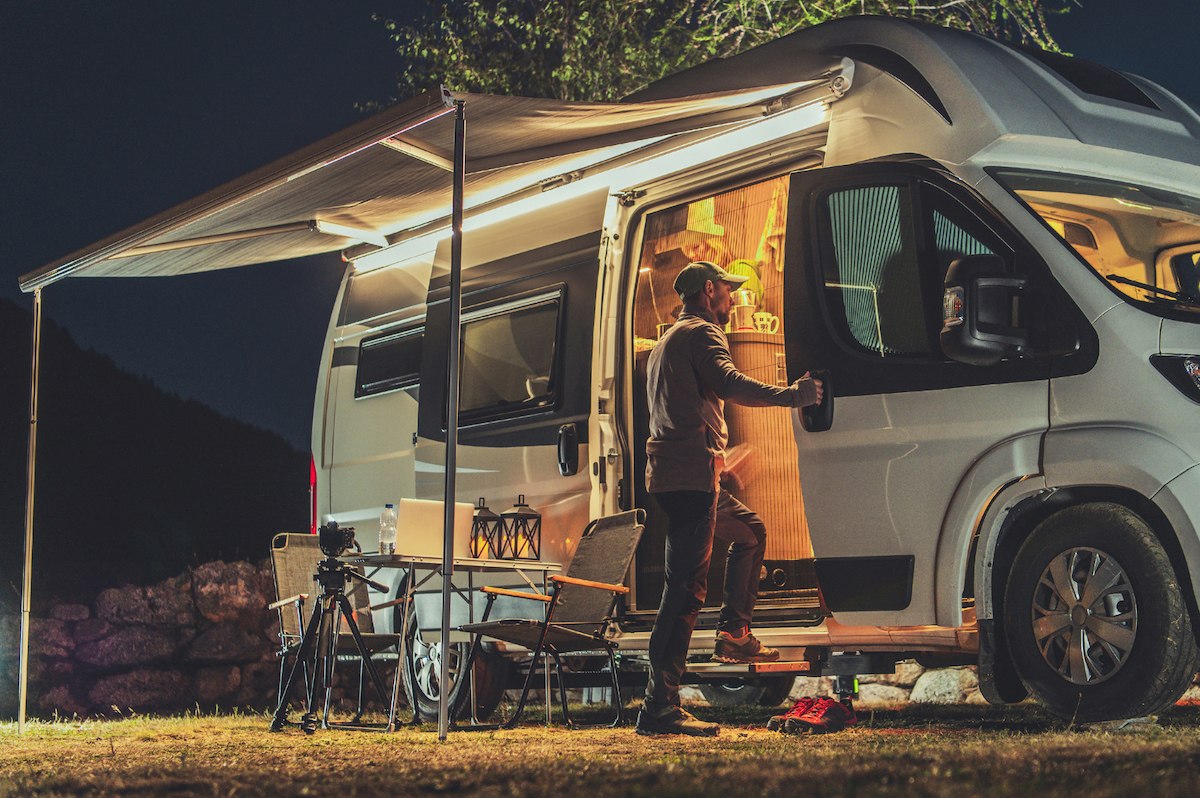
Image Courtesy welcomia/Getty
Plan in Advance
The best way to manage your traveling expenses is to plan. Start with the foundation of your trip: the destination and your dates of travel. Then, take a closer look at where expenses might crop up in between campground and transportation costs. Be deliberate with how much you allow for discretionary spending, and where.
Know What Your Trip is About
Use this tip at the start of your trip, and use it again throughout your journey: what is your trip about? Why did you pick a particular destination, and what do you look forward to most?
Part of budgeting is assessing how far your finances are getting you. For example, if you’re planning a two-month-long adventure but have already exceeded your weekly RV budget in the first week, is your financial system sustainable?
Know where you’re traveling.
Be familiar with the route to your destination. Know your meal stops, local fuel costs, tolls areas, and any other transportation expenses of your route. For example, if you’re interested in eating at a local restaurant on your way into town, research the restaurant beforehand so you know the menu prices, instead of rushing into to dine at a place that may end up being pricey.

Savannah, Georgia Skyline. Image from Getty
Know where you’ll stay.
Budget for where you’ll stay–including campground fees, firewood, and extra nights at the campground in the event of inclement weather.
Researching where you’ll stay helps you identify the most affordable options (even free ones). It can also help you predict living expenses. For example, the campground or BLM far outside of town won’t be cost-effective if you have to make several trips to the grocery store back in town. Plan ahead and research the options that make living easy and affordable.
Know what you want to do.
Prioritize and plan the activities you want to do on a given trip. Once you know where everyone’s interests are, you can plan accordingly and identify the cheapest ways to do them. For example, pre-purchasing tickets to events can often shave a few dollars off the normal price.
Set Your RV Budget
While traveling can feel spontaneous and adventurous, your RV budget should be mostly static. Prepare your trips with a set amount of money, and stick to that amount for each location, activity, and campground.
Allocate a small “emergency fund,” to your trip. Use it for unexpected repairs or a spontaneous adventure you didn’t plan for. You’ll want to have some wiggle room in your budget for those perfect unplanned travel moments.
Look for Campground Deals.
Once you’ve determined how much you’ll spend on lodging or places to spend the night, identify campgrounds that offer unique discounts and deals. Consider camping memberships like the Good Sam Club which provides ways for you to save. Research free locations like BLM campgrounds so you can reroute those expenses to other activities.
Use social media groups and campground apps to source out the most affordable places to stay, and consider extended camp stays which some campgrounds discount. If you don’t budget much for lodging, you might have to spend more time researching to find the best deal.
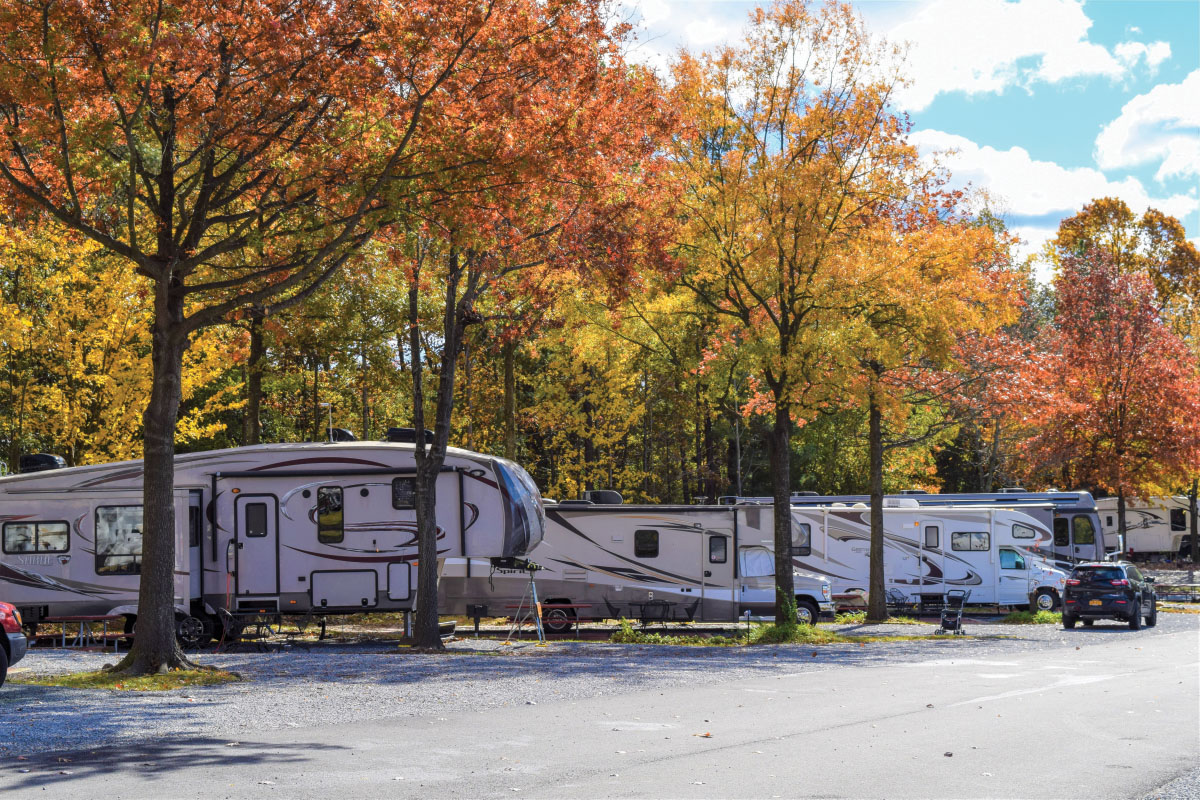
Cherry Hill Park Campground
Set daily or individual expense limits.
Each person on your trip will prioritize different expenses. If there’s no consensus on where and how to spend money, allocate daily stipends to each person, so they know how much they have to spend. Some may prioritize eating lavishly, while others might enjoy collecting souvenirs. Stipends allow each traveler to choose how and where to spend their money, like at a restaurant instead of a gift shop.
RVing Saves You Money
Remember that the RV lifestyle can save you money. If you’re spending more than what you’ve budgeted for, reassess and pinpoint where you’re overspending. Look at your day-to-day expenses and compare those to your long-term costs. Sometimes, memberships, fuel cards, and other point-earning programs are worth the investment.
Good Sam Membership
Good Sam members have a unique resource to learn the best ways to save. From campground discounts to saving on fuel to deals on camping equipment, a Good Sam membership is for the conscientious RVer.
Not only do you gain access to their database of campgrounds, but you get detailed information about the campground and can often earn a 10% discount off nightly rates. Plus, your membership grants you online access to coupons for retail shopping, dining, entertainment, travel, and more.
By remembering the purpose behind your trip, you can make more informed, conscientious budgeting decisions to ensure you get the most from your travels.

